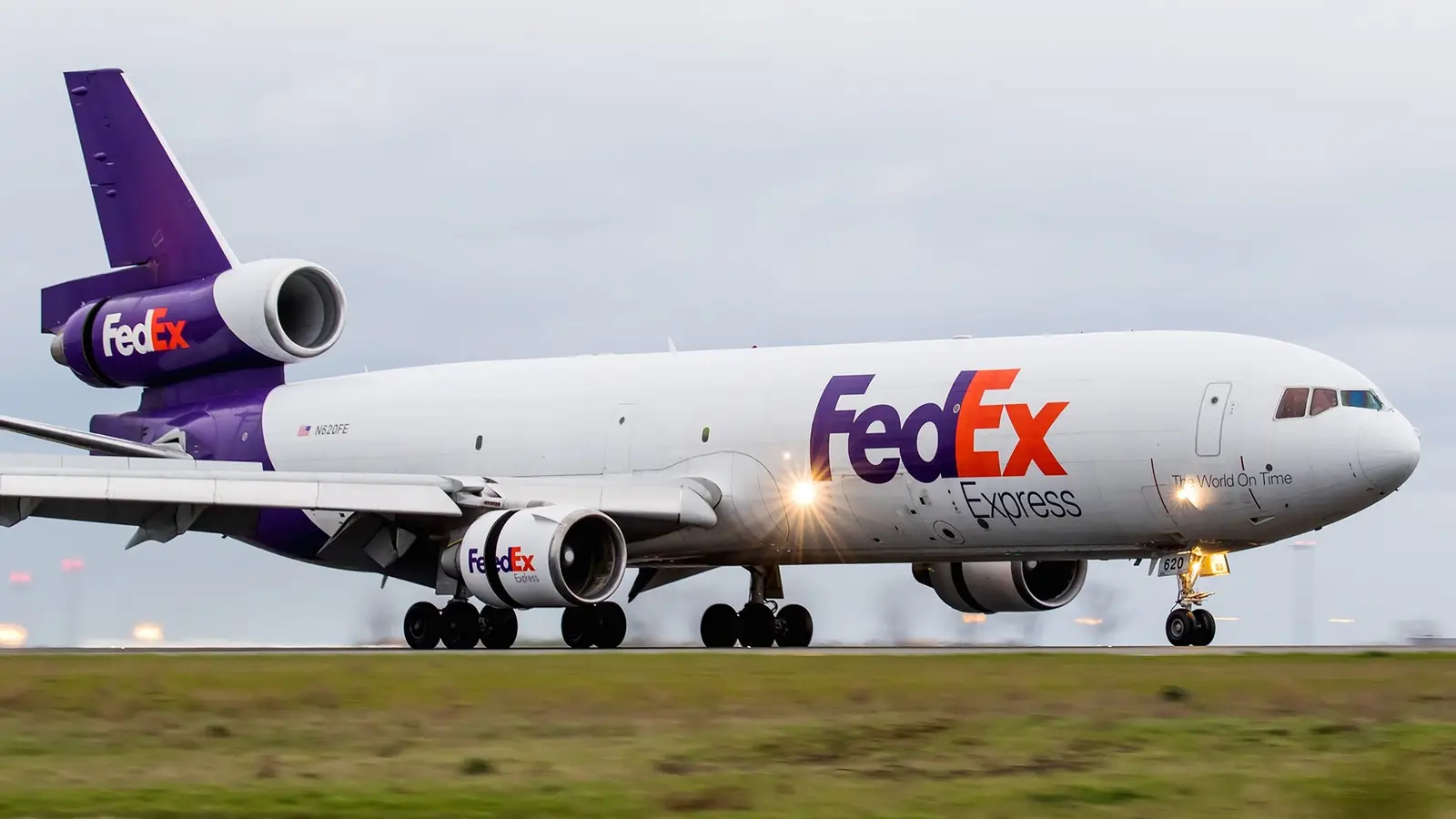
US-based logistics operator and cargo airline Federal Express ( FedEx) is actually doing fairly well. The company’s finances are relatively strong, pilots are being paid, and investors are happy. Back on September 19th, FedEx shares skyrocketed after the airline’s earnings beat Street expectations, and portfolio managers were quick to sing the praises of CEO Rajesh Subramanian.
However, it appears that, despite this financial success, Rajesh Subramanian finds himself in the hot seat. Earlier this week, the pilot union of FedEx issued a no-confidence vote in the chief executive at a shareholders’ meeting in Memphis. This move came as a surprise to many industry analysts, who had been quick to praise the management team for their diligent handling of multiple crises that occurred over the past few months.
A Deeper Look At Exactly What Happened
The Federal Express pilot union, which is represented by the FedEx Master Executive Council that serves more than 5,000 FedEx pilots, issued a no-confidence vote in Rajesh Subramanian as shareholders met this week in Memphis, the company’s home base. They indicated their disapproval of how management had shifted away from a historical people-oriented ethos to a profit-first approach. The pilot organization cited multiple initiatives that it believes eroded trust and culture within the company.
Union leaders were quick to warn that FedEx currently sits at a crossroads, a place where it risks workforce stability, brand reputation, and shareholder value in the event that priorities do not change. They ultimately urged the board to restore founder Fred Smith’s people-first legacy through greater accountability, transparency, and employee-focused processes, allowing it to sustain service quality and long-term performance capabilities, according to Yahoo Finance.
What Does This Mean For FedEx?
The biggest concerns coming out of this announcement are that near-term labor and execution risks are rising as FedEx begins to reshape its network. A formal no-confidence vote will likely not change leadership on its own, but it signals a hardening stance from a critical workgroup. This increases the odds of more worker friction, which could end up in high-profile campaigns and some operational complications.
As a business with a competitive edge that centers on its ability to deliver on-time performance, these kinds of situations can significantly lower customer confidence in the airline and its management team. Customers and investors are right to be concerned that lower morale will harm the airline’s ability to deliver on its commitments and maintain strong financial performance.
For investors, the biggest concerns are undoubtedly that unit cost pressures could continue to mount, with scheduling inefficiencies harming revenue generation potential. If large customers ultimately decide to try to hedge volumes, this could harm the airline’s revenue picture as it relies heavily on consistent high-volume customers, especially those who pay for its highest-margin premium services. Governance pressures on the board demonstrate an interest in continued engagement, especially when it comes to safety, reliability, and employee sentiment. The best case could likely involve a strong management response that reiterates its people-first commitments, exactly what pilots want to hear.
How Did The Markets And Investors React To This News?
The markets were not all that excited by this news, which naturally does increase the magnitude of the company’s execution risks. Large-scale pilot strikes would have a significant negative impact on the airline, and the continued unhappiness of the airline’s pilot union is a key piece of this narrative. During Monday trading, FedEx (NYSE: FDX) shares declined modestly to around $234 by the time the market opened on Tuesday.
However, shares rebounded fairly quickly as the market remains confident in the airline’s financial performance and growth prospects. Most analysts currently rate the stock as a buy, with price targets forecasting upside of around 14%. The company’s shares rose around 2.4% in the last five trading sessions.
Lastly, the risks associated with this no-confidence vote could be mitigated if management makes strong moves to restore the confidence of the airline’s pilots. This could be done through strategic compensation initiatives or the rollback of some programs that have been at the center of pilot unhappiness.



